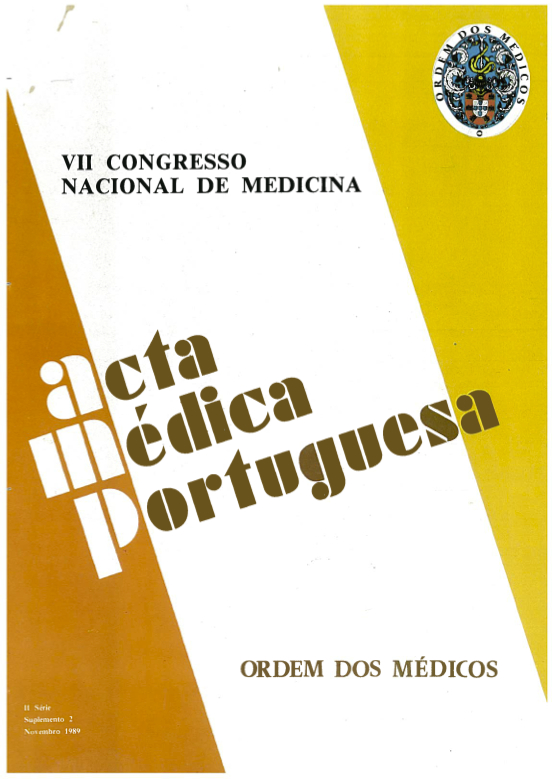Kidney transplant: the current situation in Portugal, 1989.
DOI:
https://doi.org/10.20344/amp.4624Abstract
The modern treatment of renal failure has been one of the most exciting developments of modern medicine. Within this field the portuguese doctors had a performance that compares with the average developed countries. The number of patients that need haemodialysis and renal transplantation is still increasing. These treatments are very expensive. As the patients would die if not treated, this whole issue is a political concern and a public health problem. We give the demographic outline of this CRF patients group. Dialysis and transplantation should be in balance, with a particular stress on transplantation because it is much less expensive. Shortness of organ supply has been like elsewhere the most important limiting factor of renal transplantation. Some public controversy concerning brain death, permission, and commercial profit from organ donation, has been sometimes deleterious. We review the results of renal transplantation. In 1987 and 1988, 92% of transplanted kidneys had still function after one year. We conclude that our programs in Portugal can expand, on the condition that people keep their acceptance and give their support to transplanting teams.Downloads
Downloads
How to Cite
Issue
Section
License
All the articles published in the AMP are open access and comply with the requirements of funding agencies or academic institutions. The AMP is governed by the terms of the Creative Commons ‘Attribution – Non-Commercial Use - (CC-BY-NC)’ license, regarding the use by third parties.
It is the author’s responsibility to obtain approval for the reproduction of figures, tables, etc. from other publications.
Upon acceptance of an article for publication, the authors will be asked to complete the ICMJE “Copyright Liability and Copyright Sharing Statement “(http://www.actamedicaportuguesa.com/info/AMP-NormasPublicacao.pdf) and the “Declaration of Potential Conflicts of Interest” (http:// www.icmje.org/conflicts-of-interest). An e-mail will be sent to the corresponding author to acknowledge receipt of the manuscript.
After publication, the authors are authorised to make their articles available in repositories of their institutions of origin, as long as they always mention where they were published and according to the Creative Commons license.









